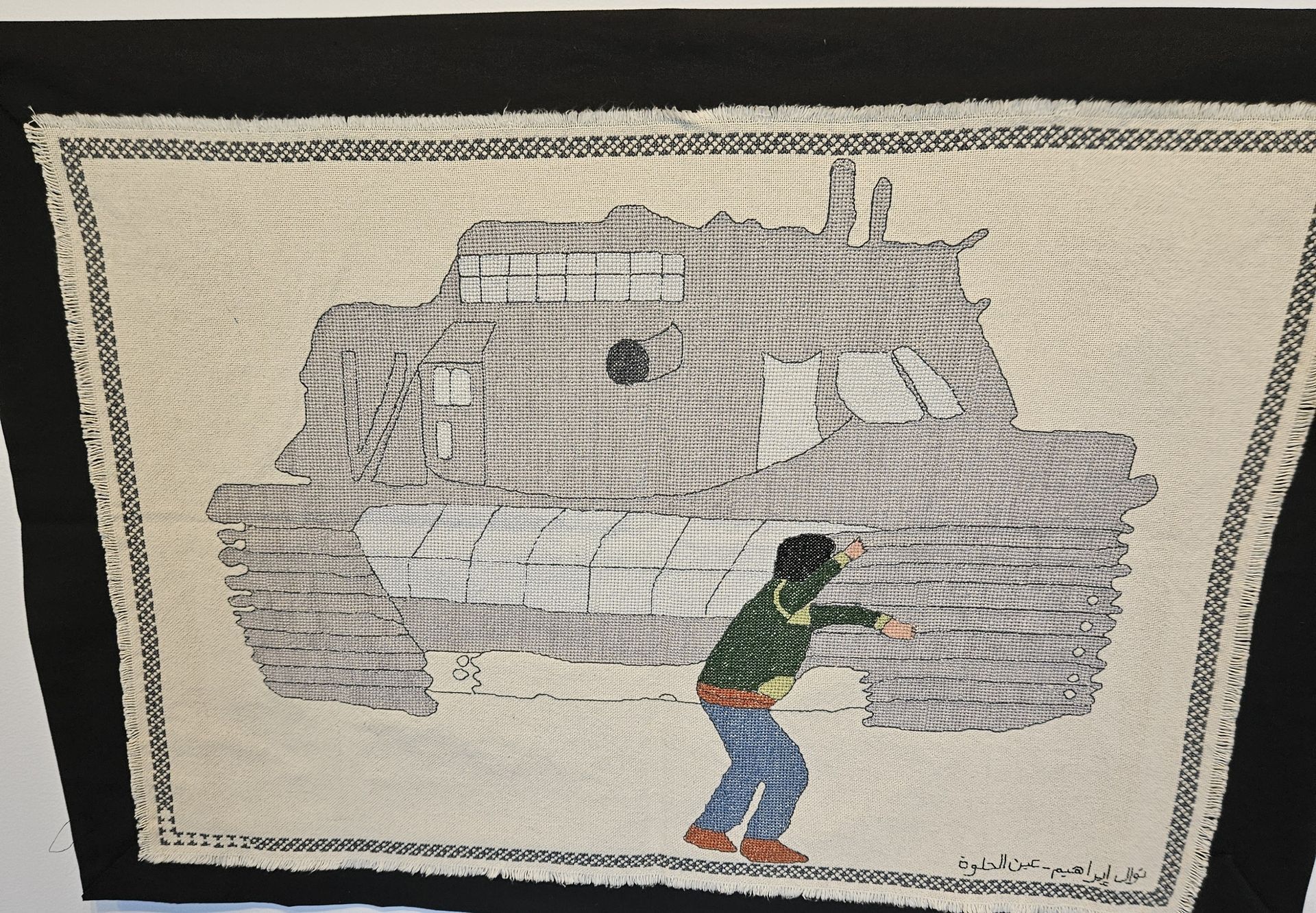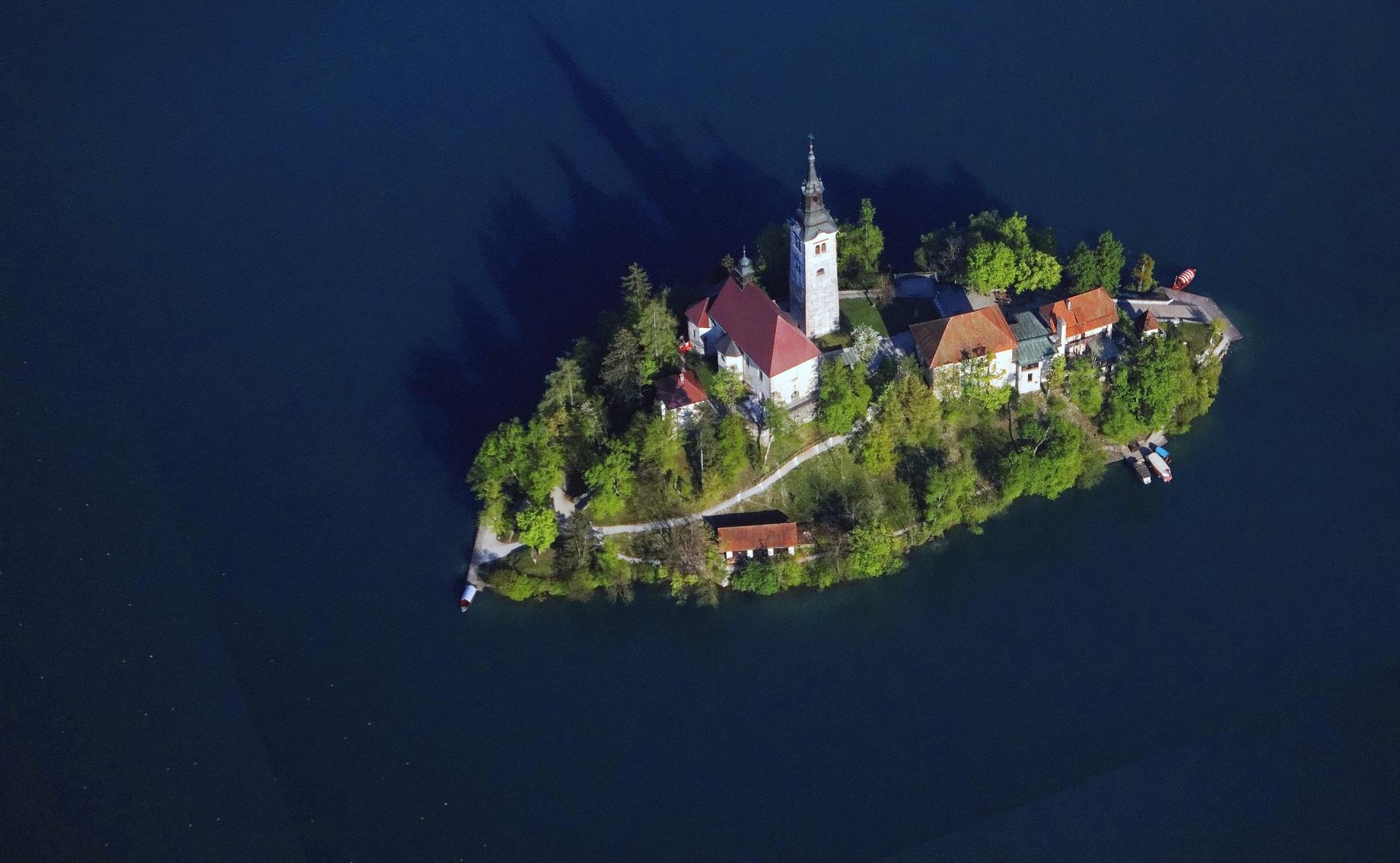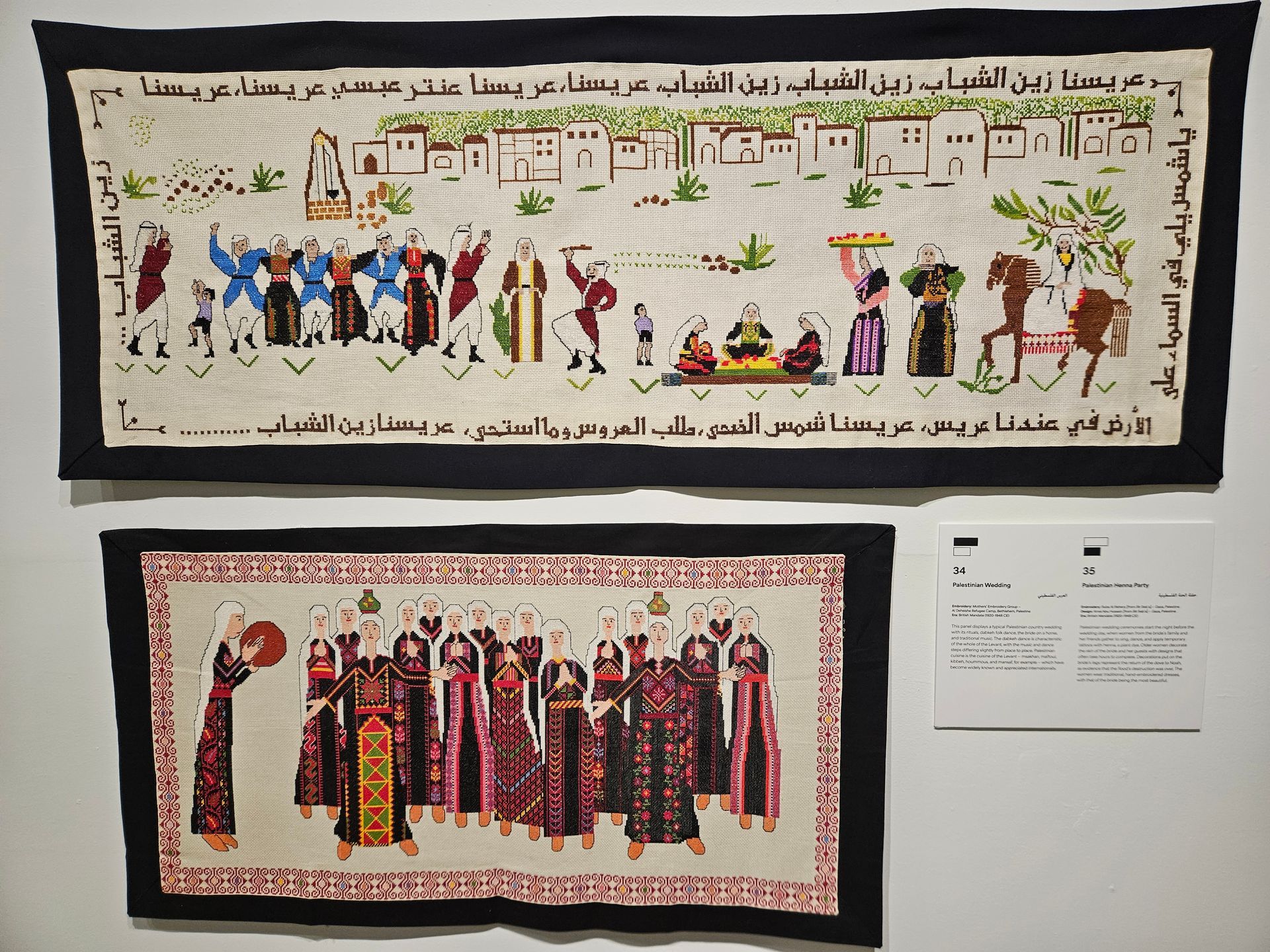
We need to know our own roots to be able to dialogue with others
It was one of those special vacations that provide memories for a life-time. Glenys, Joel, Jeremy and I set out for the United Kingdom and Europe to connect with our roots. Glenys' parents were Welsh and I was born in the Netherlands.
In spite of the Welsh weather, we explored Snowdonia and the Pembrokeshire coast, went underground in the slate mine at Blaennau Festiniog where grandfather Hughes had gouged out a living, and spent time with aunt and cousins.
In Holland, we biked on the island - Walcheren - where I was born, admired old churches - including the one where the family name comes from, and added to our family knowledge in conversation with cousins, aunts and uncles too seldom seen.
We want our boys to know better who they are by giving them a glimpse into their families' past, into the geography which gave birth to their kinfolk, the cultures and faith heritages our parents abandoned for the "new world."
It's important to know where you've come from. To be able to dialogue with another you need to know who you are and how you got there! If you don't know that, it is hard to offer anything substantial to others. If you aren't sure of yourself, how can you be secure enough to attend to the dreams and hopes of others who don't share your background or values?
That's what worried me in the "old world." They seem to have lost their footings. The tower of the Old Church in Delft is built upon cow-hides that have caused it to lean like its Pisa counterpart. Both symbolize that the values and mores of the old world are on shaky ground. People don't seem to remember where they came from. My uncle emphasized that it is ironic that the Europeans, who are surrounded, not to say burdened, by their history, do little to explore it. Their North American cousins however do come regularly to search out family histories, ramble through the cemeteries to discover markers where great-grandparents rest in peace, and discover heritage sites.
The countless churches in the "old world" still serve to remind of Christendom. But with increasing difficulty. We were told that in Holland, the churches are losing members at the rate of 10 percent per year. In Wales, the chapels have been undermined in their role as the heart of the villages and only handfuls of aging burgers keep them going.
Christianity was clearly the dominant value system. The ubiquitous church steeples attest to it. But now? It is hard to define the mortar that keeps the "old world" intact. Perhaps it is the individualistic consumer mentality (though I must admit that the quality of what is consumed there is generally superior to ours.) Perhaps it is the commitment to the common affluence (aided by blinders that don't see poverty.) Perhaps it is the power that comes from the sense of purpose being forged by the European Economic Community. The breakthroughs planned for 1992 are staggering.
Reacting to "strangers" in our midst
Whatever it is, it is not Christianity and there is not the depth nor rootedness to provide for a secure and confident present. For me this was made evident in how Europeans are reacting to the "strangers" in their midst.
We found both in Wales and Holland - but especially in Germany, France, Switzerland, and Belgium - the need to negate others who were different: the Turkish and Algerian worker families, the refugees from Africa and South America - the visibly non-European and actively non-Christian. They represent an evident challenge to the post-Christendom "old world," which in spite of its liberal humanist tendencies is having difficulty with ways of living that are so alien. In the comments we heard, there was too much anger about these non-Europeans. It points up a pervasive insecurity.
The world is much smaller now than when I was born. When we emigrated in 1951, it took seven days to arrive on North America's east coast. It took us seven hours in 1990. Getting around is so much easier and faster. But getting along is the
big challenge before us. We need to concentrate on who we are and how we got there, if we are to enter into redemptive conversation with those who are different. We need a grounded identity of which we can be proud, but not at others' expense. We need to discover community in larger measure - beyond the egoism of the nuclear family or the self-centredness of xenophobia and it frequent companion: nationalism. We need to meditate on Jesus' words about the stranger (Matthew 25:35) and explore the Bible's rich understanding of hospitality. We need to remember our common Parentage - we are all God's children. God's love goes out to the Christian, but also to Muslim, Hindu, Sikh, or non-believer; to European, Asian, African, or South American; to male, female, adult child, poor rich gay, straight. There is no one
beyond the reach of God's indefatigable love.
I believe that exploring our own roots in order to find our identity is crucial, if we are to engage in conversations that heal those who differ. And God knows we need to do more talking with those who differ from us.
It was a good trip. Perhaps it will provide our sons with some of the background necessary for them to understand themselves as citizens of the world which God made and gave to us all.


